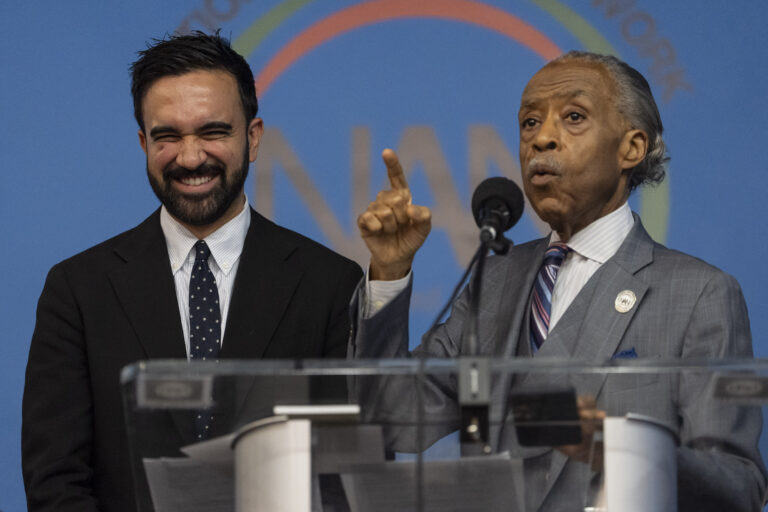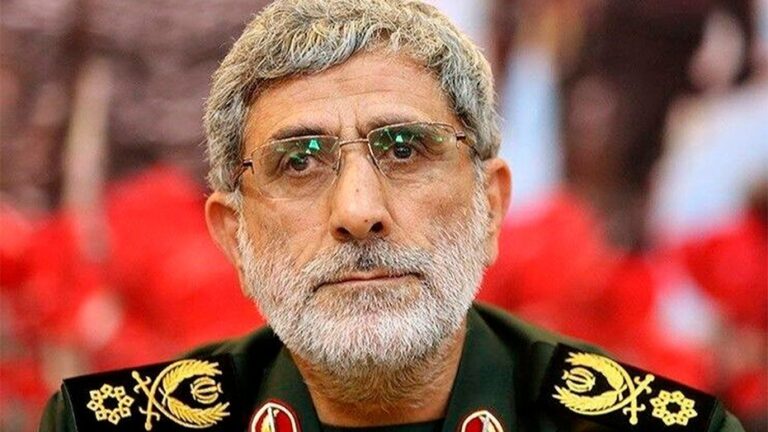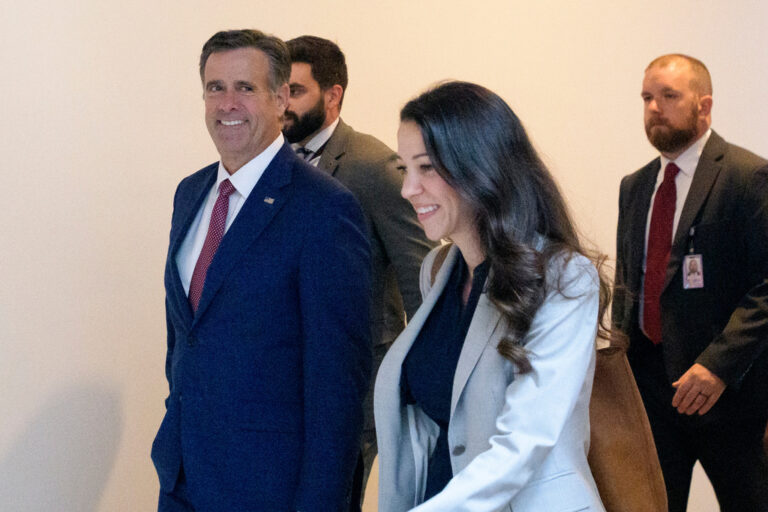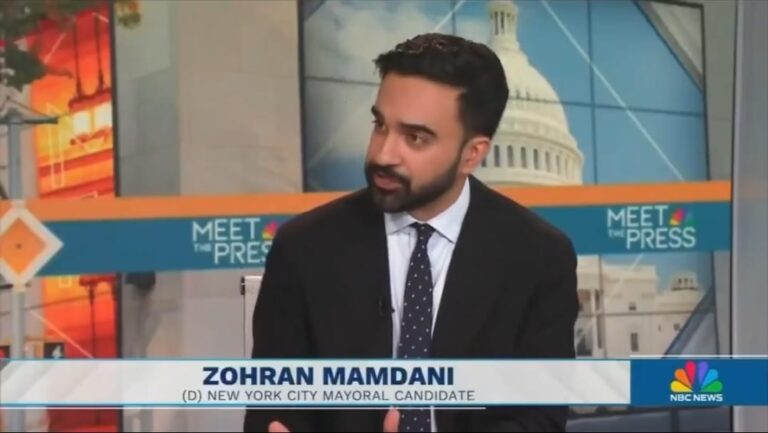In this week’s Sedra the Passuk says בינו שנות … שאל אביך… זקנך”… “– “understand the histories of the generations, ask your fathers and they will tell (explain) you, and your grandfathers and they will say to you”. The Passuk is clearly telling us that there is a significant purpose in knowing and understanding our history. There are, however, two points that remain unclear. Firstly, what is it that the Torah wants us to get from knowing our history? Secondly, (whatever the importance and whatever the reason that the Torah is telling us we should know and understand our history) why doesn’t the Torah merely say “learn your history”? At that point it may be essential for us to ask our fathers or grandparents, but why must the Torah spell out our needing to ask our forefathers?
There are various approaches to these points in the Mefarshim. Regarding the first question, the response most often given is that it is important to know our history so that we should learn from it. That it is important for us to understand the special relationship that Am-Yisroel has with Hashem and how we can further it or damage it. That, however, does not address in the slightest the latter question.
If we make a precise analysis of the Passuk it would seem that the Torah is actually laying out for us a three step process. The first thing the Torah tells us to do is to understand the history of the generations on our own accord. Then the Torah tells us that we should ask our fathers”ויגדך“– and they will “tell us” or perhaps ”explain” to us, whereas the word used in reference to our grandfathers is “ויאמרו“ and they will “say” to you. “Say” to you – as opposed to “tell/explain” – would seem to have more of a matter-of-fact connotation.
Chazal throughout Shas tell us that if a Memra is a Kabbalah (if a saying/statement is part of a received tradition) we are bound to accept it. If, however, it is a chidush (a new idea/opinion), we are then supposed to attempt to refute it. It is clear from Chazal that there are certain Mesoros (traditions) which, by virtue of the fact that they were given to us through greater previous generations, we must accept as such. However if we are introducing something new we must make sure that we understand it well.
Perhaps this is the lesson of the Passuk: while there are different elements and components to Torah study it is essential that we use all three approaches referred to in the Passuk. Our obligation is firstly to put our own efforts into understanding the Torah and Mitzvos. The next level is the level of a father. A father has already passed through all the stages the son is now going through. The father already has hindsight. A grandfather, however, has two different levels of experience: the experiences themselves, and the experience of having already guided a son all the way through and imparted knowledge and wisdom. Thus the grandfather has earned the sort of legitimacy that makes his word unquestioned. The father, on the other hand, still must provide some plausible explanation for his words because he has not quite attained the level of legitimacy of the grandfather.
In Yidishkeit we must first approach learning as something we must understand. Understandings we come to on our own however, have to be well founded. The next step is to learn from our fathers and spiritual fathers – rebeim. At this level we still have a right to question, indeed we have even an obligation to challenge their teachings until they are explained in an understandable manner. When, however, we are in possession of a Mesorah (an established Tradition) on something, we cannot really challenge it but ultimately need to accept it simply because it is a Mesorah.
In these turbulent and challenging times this three-pronged approach is more central than ever. We must cling strongly to whatever authentic heritage we have, and at the same time strive and yearn to learn and understand the entire Torah as best as possible.
A very warm Good Shabbos, Rabbi Y. Dov Krakowski










